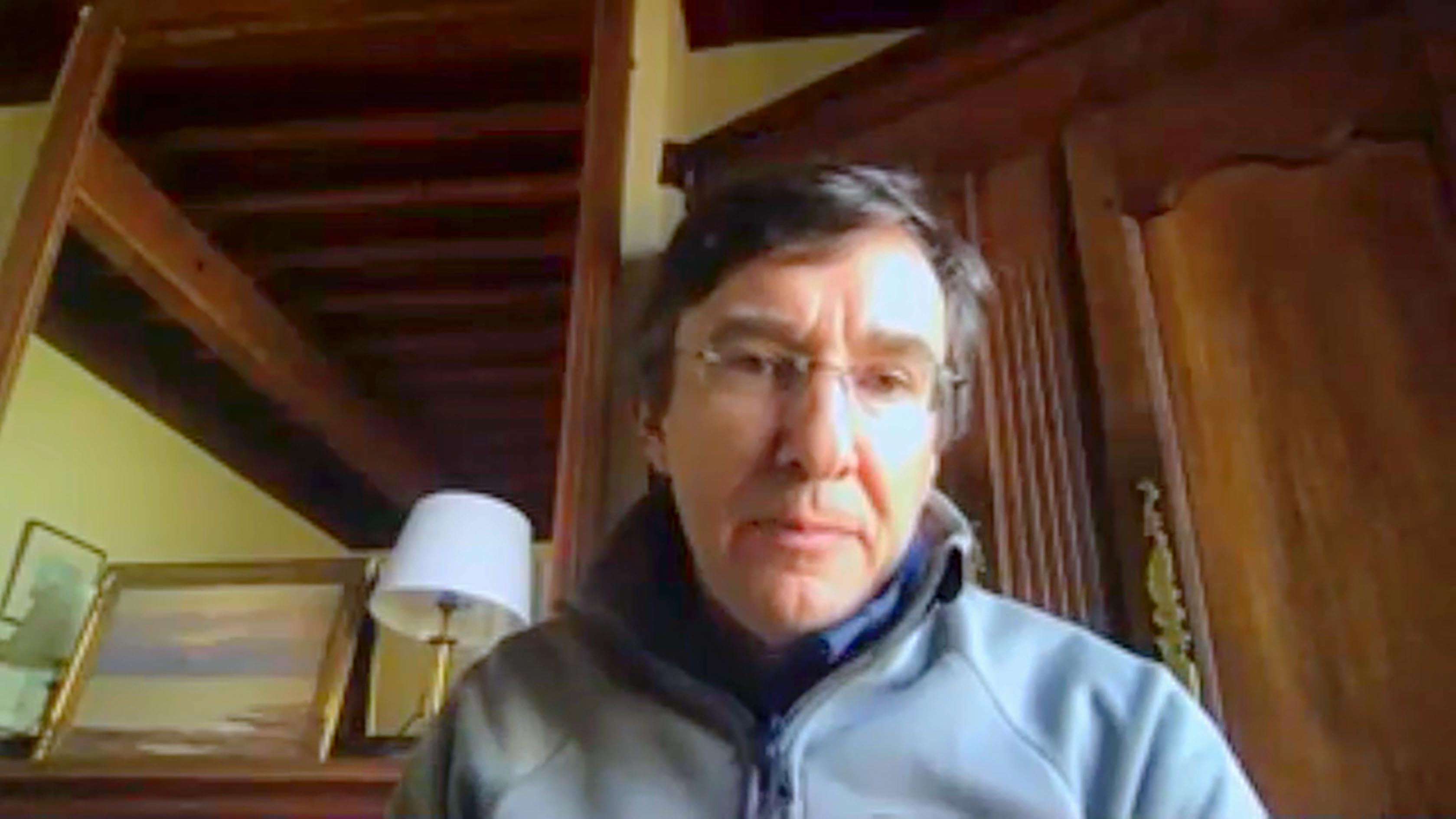
Selling Rimowa Luggage versus Goyard Handbags
Former Managing Director at RIMOWA and Goyard
inpractise.com/articles/rimowa-goyard-sales-distribution-strategy
Why is this interview interesting?
- Differences in the way frontline staff sold Goyard and RIMOWA products
- Pitching functional (luggage) versus emotional (luxury bags) products
Clement Brunet-Moret
Former Managing Director at RIMOWA and Goyard
Interview Transcript
How would you compare the language and the sales pitch, from your frontline shop staff, in selling in Goyard products, versus RIMOWA products and communicating with the different customers and the different requirements of the customer?
RIMOWA is a functional product, more than Goyard is, to some extent. When you buy a wallet, it’s functional, so there are some similarities. But you need to buy functionality. You travel for a purpose and I think the functional experience and discovery of what the customer is going to do with their luggage is still key, at RIMOWA. Therefore, the sales staff tend to have functional questions and not enough experiential questions.
I think that the ongoing effort that the brand has to do, is to train its frontline staff to build up that experience with the brand. Do you know it’s an old brand and we have done these unique collaborations, and so on, to build that brand equity, beyond the functionality of the goods, which is very good, obviously. We need to create that magic around the brand, a long-lasting one. That goes through, again, to the discovery and the exchange between the frontline staff and the customers. This is an ongoing effort for all the brands, obviously. If you have stable staff, at Hermès, that have been there for 10 years, they probably know, full well, what they need to say. Any brand that is going for a transformation, it needs to go down through the teams, and it needs to reach the frontline staff, soon enough and hard enough for them to change the way they do their sales pitch, which is not easy.
Was the language different?
Yes, very different. First of all, we kept most of the staff, when we changed the stores. Before, we had to help the staff to adapt themselves to selling the same suitcase, or slightly modified suitcase, for a lot more money. The sales pitch had to change. We tried to align the sales pitch with luxury branding. This takes time, because in a lot of teams and a lot of brands, stores, regional offices, you have these glass ceilings where teams say, we can’t do that. We can’t sell that item; it’s not popular. We can’t reach those sales figures. Most of the time, these glass ceilings are just that – only glass ceilings. But you need to break them, so it takes some effort and time for teams, together, to progress and say, oh, we can sell that suitcase, at this price. Customers actually like it.
Often, management and training managers, spend time explaining to staff that it can be done. You have ways around it. You have incentives, you have specific actions that you can take, to show them that it is possible, bringing someone on from another team and so on. It needs to be done. That’s the longest part of the process. It’s easy to build a store. It takes a couple of weeks to build a store, but a couple of months to change the way the teams interact with the customer. Very often, you could hear, only at the RIMOWA, this is an 80-liter suitcase, or this is the latest model. That was it. There was no other sales pitch and no other exchange or experience with the customer.
It’s almost like you, as a manager, have to persuade the employees of the pitch, of the product, of the value of the product?
Totally. It’s very important that management and, for example, top management at Goyard and at RIMOWA, that they do that very well. They spend a lot of time convincing the staff about what they are trying to do. It’s an ongoing effort. Every time you meet your retail teams, every time you go into the store, you need to convince and challenge.
Copyright Notice
This document may not be reproduced, distributed, or transmitted in any form or by any means including resale of any part, unauthorised distribution to a third party or other electronic methods, without the prior written permission of IP 1 Ltd.
IP 1 Ltd, trading as In Practise (herein referred to as "IP") is a company registered in England and Wales and is not a registered investment advisor or broker-dealer, and is not licensed nor qualified to provide investment advice.
In Practise reserves all copyright, intellectual and other property rights in the Content. The information published in this transcript (“Content”) is for information purposes only and should not be used as the sole basis for making any investment decision. Information provided by IP is to be used as an educational tool and nothing in this Content shall be construed as an offer, recommendation or solicitation regarding any financial product, service or management of investments or securities.
© 2026 IP 1 Ltd. All rights reserved.


